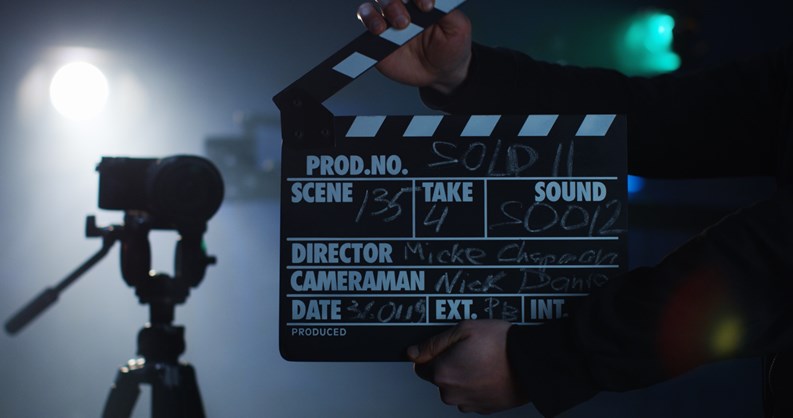Q. Today shareholders at our Mitchell-Lama co-op in Queens were informed with less than 24-hours notice that there will be a film shoot taking place tomorrow on the property from 6:00 a.m. Thursday and completed 12:00 p.m. on Friday. Notice stated all shareholders have to remove their cars from the parking lot by 6 a.m. and will be paid $200 each. The board also stated that the film company has arranged for parking at a local church several blocks away with security. Filming will take place in the parking lot and walkways of one building. In another building it will take place on the roof and on an apartment floor. Shareholders on this floor will receive $300 per apartment as an inconvenience fee. The corporation will receive $30,000, and another $1,000 for use of the community room.
In allowing this action the board has intentionally violated several house rules regarding noise and a 9 a.m. to 10 p.m. activity rule in buildings. The board has failed to consider privacy violation issues, insurance issues, and it is doubtful that a contract exists.
An inquiry was made with the corporate attorney to find out if he advised the board and reviewed any contract. I am sure that I will not receive a response from him due to the fact that there is facade and roof construction taking place due to an 8A loan, and because he will protect the corporation in this matter.
Are the actions of the board legal and/or proper, and what laws and regulations were they supposed to take note of and consider before agreeing to this business transaction at our co-op?
—Suspicious
A. Dov Treiman, partner at Adam Leitman Bailey P.C. in New York City, says, “The reader states that the board is violating several house rules with regard to this film project. This may be the case, but violating rules or laws does not automatically end a matter up in the courts. Somebody has to sue somebody. American courts do not reach out for the cases themselves. Lawsuits are designed to be expensive so that the courts are the last resort, not the first. Thus, in this matter, chances are small that a case will be brought. Absent a case, there is nearly nothing to do.
“It is almost inconceivable that the board or the film company would act without a written contract. The film company is going to want to protect itself from shareholder suits by having such a contract. Under the right circumstances, shareholders are entitled to see the contract. The reader should also be aware that there is a thing called ‘the Business Judgment Rule’ that gives a board broad discretion in acting on behalf of the co-op. This rule is so broad that challenges to board actions usually fail in the courts. There may be issues for which the co-op as a whole may become liable from what occurs in this transaction. But, that too would require somebody suing. Rules are not self-enforcing. It is nearly impossible to tell from the question what specific rules or regulations may have been violated, but there is the possibility that the correct answer is zero.”










Leave a Comment